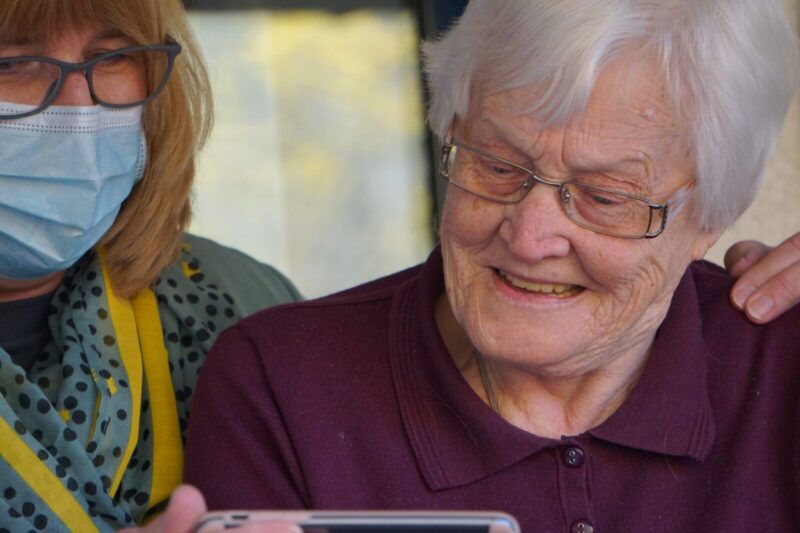Home health care is becoming more common in today’s climate, especially after the pandemic. While traditional healthcare is always a vital component of the industry, some patients may opt for care in the comfort of their own home, or convalescent home for a variety of reasons.
Although patient care may be conducted a little differently, medical practitioners and nurses who choose to practice home health care should still be cautious of the legal regulations and compliances required. For those unsure of what the law requires, a healthcare attorney can guide you through any concerns regarding your services.

The term home health care can apply to a variety of facilities that provide medical services to you in a home setting, whether your own or convalescent home. Home healthcare services include:
Each facility and organization may vary in the services offered. For example, a nursing home may offer nursing and physician care, as well as imaging or physical therapy services. Whereas a hospice care group may only employ registered nurses. The type of organization and associated regulations will determine the scope of their offerings.

While each state varies in its home care regulations, California home care is regulated by The Home Care Services Bureau (HCSB) which is responsible for the processing of applications, conducting compliance checks, and responding to any complaints filed. All home care aides working for a home care organization (HCOs) must be registered through the HCSB. Registered home care aids are trained and background checked to ensure more liability. Since they are employed by HCOs, the organization will work with patients on scheduling and even complaints. It is important to ensure that your caregiver is not a private non-medical individual such as referral agencies, private hires, or care placement agencies, as they are not legally monitored, licensed or trained.
The Centralized Applications Bureau (CAB) handles licensing for convalescent home care. The hours of care per patient as well as requirements for registered and licensed care providers per patient are specified and enforceable. As circumstances change, regulations are subject to change as well, evident in the most recent update of Infection Control Requirements, requiring the organizations to include infection control plans in their Plan of Operation.
HIPAA compliance for home health care providers may differ depending on the structure of the organization. If the provider is associated with a covered entity such as through a hospital program, then the entity will be responsible for HIPAA compliance. However, unlicensed caregivers are not legally bound to the confidentially of any information that may be disclosed to them.
Because home health care is often mobile and flexible in its structure, it is important that practitioners develop a secure procedure for storing patient information. Practitioners should be mindful of their overarching HCO’s policies and procedures to ensure information is properly stored.
Because of the complexities and variations associated with home care, it is often difficult to keep track of regulations. A good healthcare attorney will carefully review your organization and help ensure that all regulations and compliance requirements are met.
As one of the nation’s leading healthcare firms, Fenton Jurkowitz Law Group regularly develops preventative and proactive legal strategies for any transactional, litigation, compliance, and regulatory defense needs. If you are a practitioner or director of a home care facility in need of legal guidance, speak with one of our California healthcare attorneys today.